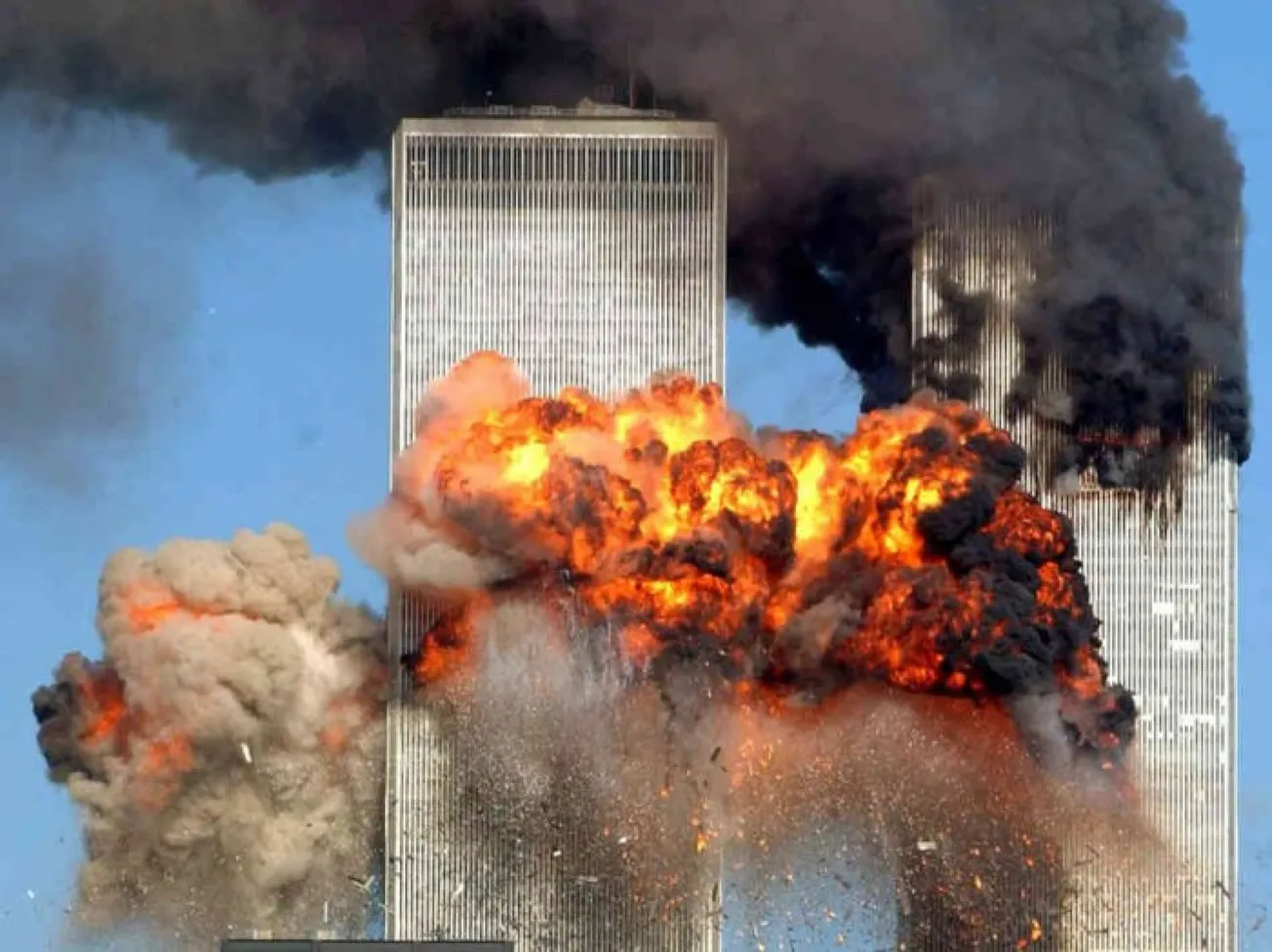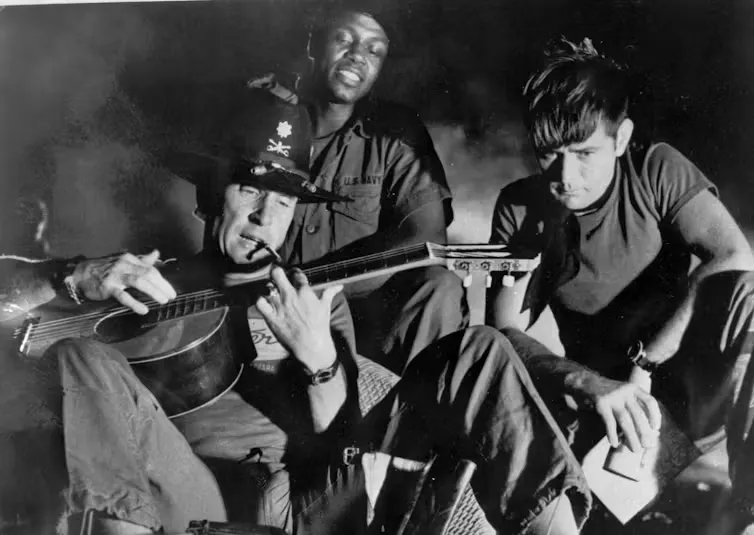Table of Contents
The unspeakable atrocity of 9/11 has certainly spawned more than its fair share of silly conspiracy theories. But probably the most damaging one is the official one: that al Qaeda acted alone.
That, it appears, is a lie. It’s a lie that should have been exposed almost immediately after the attacks. Because it was only days after 9/11 that British police raided the apartment of Saudi intelligence service operative. One of the things they found was a video of the operative taking the 9/11 attackers on a guided tour of the US Capitol.
Omar al-Bayoumi, whom the FBI says was an operative of the Saudi intelligence service with close ties to two of the 9/11 hijackers, can be heard on the video, which was unsealed in federal court this week and obtained by 60 Minutes. The 1999 video was taken within 90 days of the time when senior al Qaeda planners were deciding on 9/11 targets, Richard Lambert, a retired FBI agent who led the initial 9/11 investigation in San Diego, said […]
Bayoumi filmed the video over the course of several days. It shows entrances and exits of the U.S. Capitol along with security posts and a model of the building. At one point, he points out the Washington Monument and says he’ll go there and “report to you in detail what is there.” He also notes the airport is nearby.
For context, Flight 93, which crashed in Pennsylvnia, was most likely targeted at the US Capitol, until passengers staged a revolt and brought the plane down.
When Bayoumi recorded the Washington video, he was often with two Saudi diplomats who the FBI says had “ties to al Qaeda,” a finding the Saudi government disputes.
In the video, Bayoumi is heard referencing a “plan.”
“I think he’s talking to the al Qaeda planners who tasked him to take the pre-operational surveillance video of the intended target,” Lambert said.
The video was found in Bayoumi’s UK apartment just days after 9/11. British police also seized Bayoumi’s hand-written address book that the lawyers for the 9/11 families say was filled with phone numbers of numerous senior Saudi officials who were in the government at the time.
British police are believed to have given the video to the FBI shortly after.
Which raises the question: why, after more than 20 years, is it just now surfacing?
“If that was missed then shame on us for missing it,” [Retired FBI agent Ken Williams led the 9/11 investigation in Phoenix, where one of the hijackers attended flight school], who is also a consultant on the case filed by the 9/11 families, said. “If it wasn’t missed, then I would have to ask the question: What was done with it?”
CBS News
Families of 9/11 victims are demanding answers to that and more questions.
“We’re no longer looking to be coddled or comforted. We stand here pissed off,” Brett Eagleson, president of 9/11 Justice, said at a press conference in Lower Manhattan.
“It’s 23 years later, and our government has failed to bring us accountability, closure and justice. Our government fails to talk tough on the Kingdom of Saudi Arabia” […]
While the Saudi government and al-Bayoumi have both claimed the clip was just a tourist tape, the 9/11 families insist it is the “smoking gun evidence” need to hold the kingdom accountable.
New York Post
At the very least, the newly revealed evidence suggests that, as Daniel Benjamin and Steven Simon recently wrote in the Atlantic, “the costly policies that the United States has pursued for the past quarter century have been rooted in a false premise”.
Nothing, of course, would likely have deterred G W Bush from launching his so-called “War on Terror”. But exposing the truth about the Bush family’s close business partners, the Saudi royal family, might have seen things done very differently.
What would we have done differently if our intelligence and law-enforcement agencies had learned shortly after the 9/11 attacks that officials of our close friend Saudi Arabia had given regular, reliable, and essential support to terrorists seeking to kill Americans in large numbers?
We would, at a minimum, have immediately compelled Riyadh to dismantle the jihadi infrastructure within its institutions and to liquidate what was left of it on our soil and in countries around the world. We likely would still have toppled the Taliban in Afghanistan and tried to destroy what was left of al-Qaeda there. But if we had understood that the attacks of 9/11 had depended on state support – and if we had eliminated that state support – we might well have had the confidence to leave Afghanistan quickly, instead of lingering for 20 years. As additional attacks failed to materialize, we would also have been more prepared to rely on strong border controls and intelligence to keep us safe.
The Atlantic
Maybe, maybe not. But the truth would at the very least have cast a very different light on everything.









